You have not yet added any article to your bookmarks!

Join 10k+ people to get notified about new posts, news and tips.
Do not worry we don't spam!

Post by : Anis Farhan
When NBA superstar Jimmy Butler recently met legendary martial arts icon Jackie Chan during his promotional tour in China, the images were instantly viral. Fans, influencers, and entertainment commentators across Asia couldn’t get enough. On the surface, it may have looked like just another celebrity crossover moment—one athlete, one action hero, and a shared spotlight. But dig deeper, and this meeting represents something more profound: the growing fusion of sport, entertainment, and cultural diplomacy across East and West.
In the world of branding, Butler’s journey to Asia isn't just about selling shoes or promoting his partnership with Li-Ning, a major Chinese sportswear brand. It’s about strategically positioning himself and the NBA in the global soft power arena—where fandom, film, fashion, and foreign markets all intersect. With India, China, and Southeast Asia becoming key players in the international entertainment economy, the lines between basketball, Bollywood, and celebrity culture are blurring fast.
This new East-West crossover is not a passing trend. It's the foundation of a new transnational entertainment economy, where basketball stars are box office draws and Bollywood icons front sneaker ads. In this fusion, both brands and audiences are reshaping global pop culture, one jump shot—and one action scene—at a time.
Jimmy Butler isn’t just an NBA All-Star—he’s a brand in motion. Known for his gritty play, offbeat humor, and deep cultural awareness, he’s also among the most globally savvy athletes today. His recent tour of Asia, especially in basketball-obsessed China, shows a conscious pivot: a U.S.-born athlete tapping into non-American markets not just as a player, but as an entertainer, influencer, and storyteller.
His link with Li-Ning, the Chinese sportswear giant, is central to this shift. Founded by Olympic gymnast Li Ning, the brand has built a global footprint by aligning with talent like Butler, Dwyane Wade, and Chinese basketball phenom Guo Ailun. Butler’s visit wasn’t just a publicity gig; it was a cultural immersion tour, with fan meetups, school visits, charity events, and now, a headline-grabbing meeting with Jackie Chan.
That moment—Butler and Chan exchanging autographs, joking about kung fu, and discussing their mutual admiration—was more than good optics. It was marketing, diplomacy, and cultural exchange rolled into one frame.
Jackie Chan’s name still resonates across borders. While his action-packed legacy is rooted in Hong Kong cinema, he’s equally adored in mainland China, Southeast Asia, and even in the West. But in recent years, Jackie has transformed into more than a movie star—he’s become a symbol of cultural convergence, someone whose image bridges past and present, East and West.
By meeting Jimmy Butler publicly—and warmly—Chan signaled that this wasn’t just about basketball or celebrity hype. It was a nod to how sports figures are evolving into cinematic and cultural symbols, similar to the movie icons of previous decades.
In Chinese soft power diplomacy, celebrity endorsements and public appearances are carefully orchestrated. A Jackie Chan meeting is not a casual encounter; it’s a symbolic alliance. And in a region where basketball is second only to football in terms of viewership, Chan’s nod to the NBA carries weight.
The story doesn’t end in China. Across India and Southeast Asia, basketball is gaining serious ground. Not just as a sport, but as a lifestyle ecosystem tied to music, fashion, dance, cinema, and storytelling. Bollywood stars now frequently feature in Nike and Adidas commercials. Indian rappers sync NBA jersey drops with album releases. NBA India is hosting 3x3 tournaments in Mumbai, Delhi, and Bangalore with massive youth turnout.
And who’s leading this cultural strategy? Not just players—but entertainers. In many cases, the crossover appeal of basketball players is strongest in countries with thriving film and music industries, because the game’s urban, expressive aesthetic aligns naturally with performance cultures.
Jimmy Butler’s stylistic choices—his love of country music, anime, coffee, and now kung fu—aren’t just personal quirks. They’re cultural markers. They make him relatable across geographies, not just as a basketball icon, but as a global entertainer.
Historically, cinema and sports have functioned as separate pillars of soft power. Countries exported their athletes or films to win hearts and minds. Today, that strategy is being rewritten. In the new cultural economy, the merger of sports and film is intentional and mutually reinforcing.
Consider the rise of basketball documentaries on Netflix, anime collaborations with Nike, or Indian music videos filmed on basketball courts. From “The Last Dance” to “Hustle,” cinema is telling sports stories with global appeal. At the same time, basketball players are appearing in movies, hosting podcasts, and co-producing streaming content.
What does this mean for Asia? It means that regional entertainment markets are now participants, not spectators. Asian athletes are producing content. Asian audiences are consuming U.S. sports drama. Asian filmmakers are casting athletes in film roles.
Jimmy Butler meeting Jackie Chan is a visual shorthand for that merger. Two different disciplines, two different generations, one shared stage.
Behind every viral moment is a commercial engine. Butler’s Asia tour wasn’t just about branding—it was about activating cross-market sales. The sneaker economy, long dominated by U.S. giants like Nike and Adidas, is being aggressively challenged by Asian companies like Li-Ning and Anta. These brands are leveraging star power to gain youth market share across India, Vietnam, Indonesia, and beyond.
Butler’s image, paired with Li-Ning’s design language, speaks directly to Gen Z consumers who are as likely to watch a Netflix series as they are to follow the NBA playoffs. The goal isn’t just to sell shoes—it’s to sell culture.
Meanwhile, streaming platforms in Asia are packaging basketball documentaries with celebrity interviews, live game rights, and curated playlists. Fans aren’t just watching the game—they’re living the lifestyle. And that lifestyle is increasingly built at the intersection of sport, film, and digital influence.
The meeting between Jimmy Butler and Jackie Chan wasn’t a fluke—it was a blueprint. It shows how 21st-century fame is no longer bound by geography or discipline. Basketball players are actors. Movie stars are brand diplomats. And Asia isn’t just a market—it’s a creative partner in global culture.
As Bollywood, basketball, and brands continue to converge, we’re witnessing the birth of a new celebrity matrix—one where entertainment, sport, and commerce work in sync to shape how the world watches, buys, and dreams.
The next generation of icons won’t belong to a single country or industry. They’ll be cultural hybrids, much like the photo of Butler and Chan—smiling, posing, and shaking hands at the center of a changing world.
This article is intended for editorial and informational purposes only. All names, events, and descriptions are based on public appearances, brand affiliations, and cultural analysis. Readers are advised to consult verified sources for commercial details or official statements.

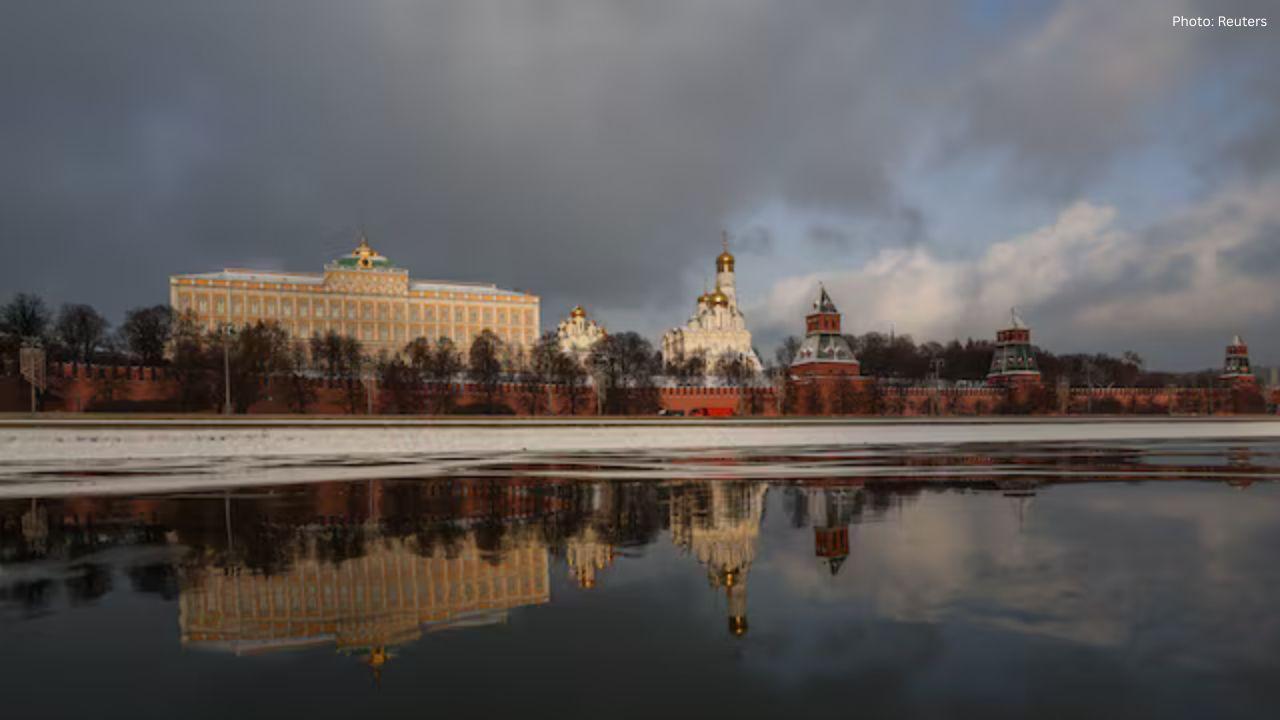

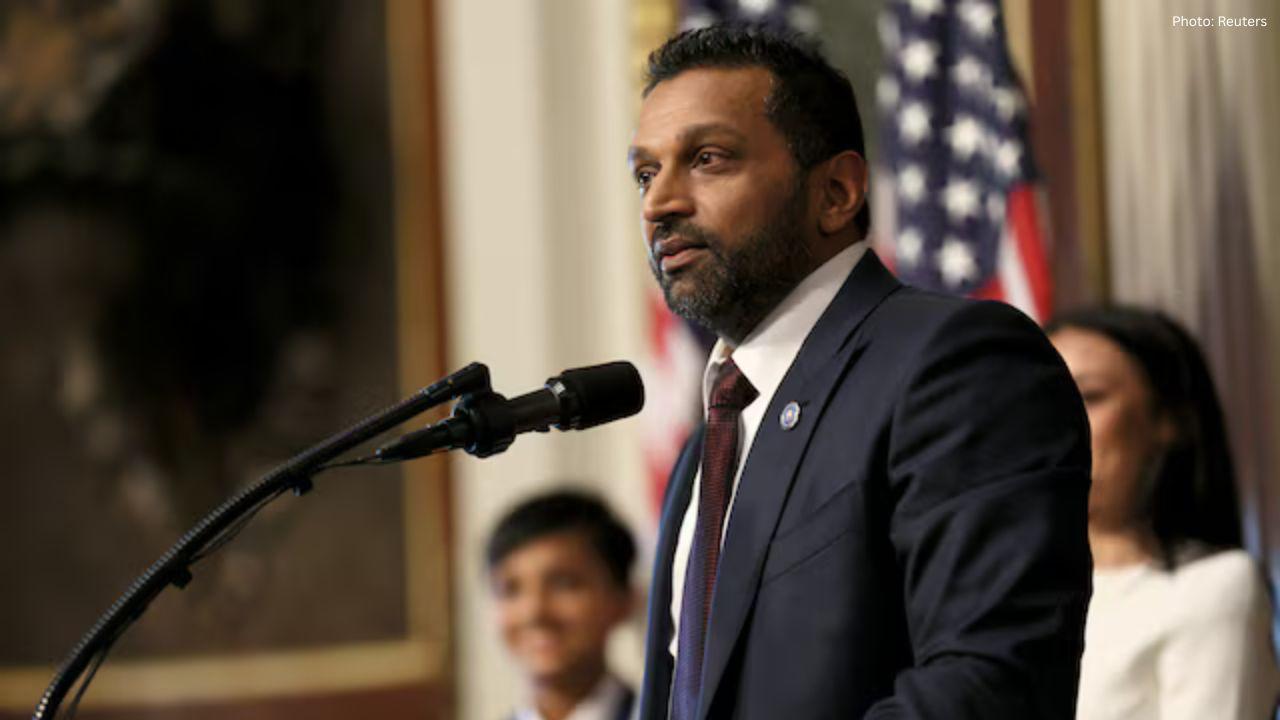

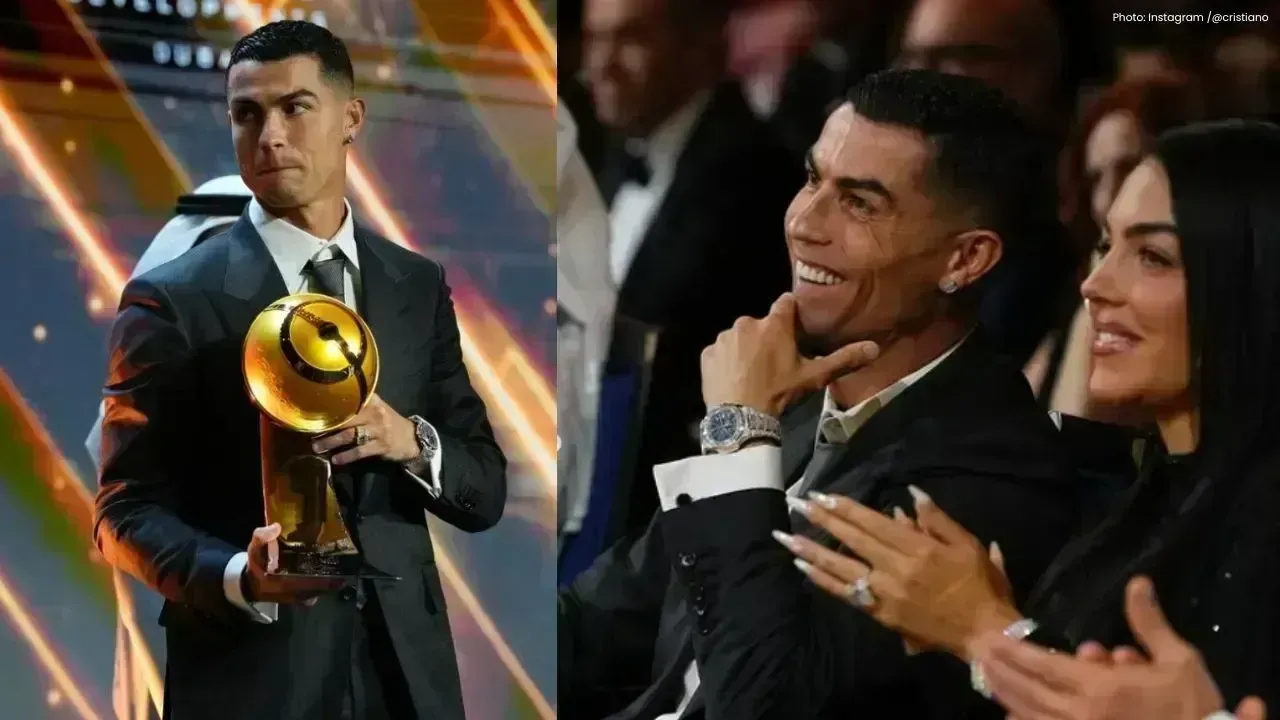
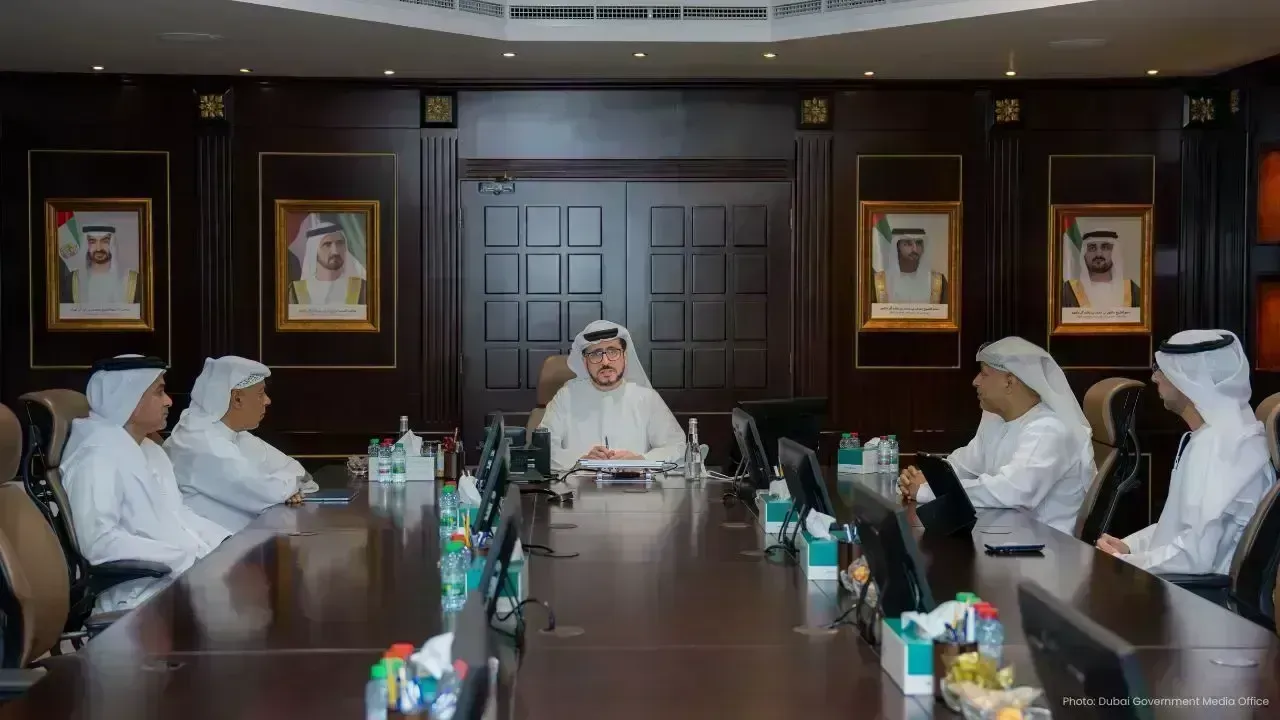



Ranveer Singh’s Dhurandhar Roars Past ₹1100 Cr Worldwide
Ranveer Singh’s Dhurandhar stays unstoppable in week four, crossing ₹1100 crore globally and overtak

Asian Stocks Surge as Dollar Dips, Silver Hits $80 Amid Rate Cut Hopes
Asian markets rally to six-week highs while silver breaks $80, driven by Federal Reserve rate cut ex

Balendra Shah Joins Rastriya Swatantra Party Ahead of Nepal Polls
Kathmandu Mayor Balendra Shah allies with Rastriya Swatantra Party, led by Rabi Lamichhane, to chall

Australia launches review of law enforcement after Bondi shooting
Australia begins an independent review of law enforcement actions and laws after the Bondi mass shoo

Akshaye Khanna exits Drishyam 3; Jaideep Ahlawat steps in fast
Producer confirms Jaideep Ahlawat replaces Akshaye Khanna in Drishyam 3 after actor’s sudden exit ov
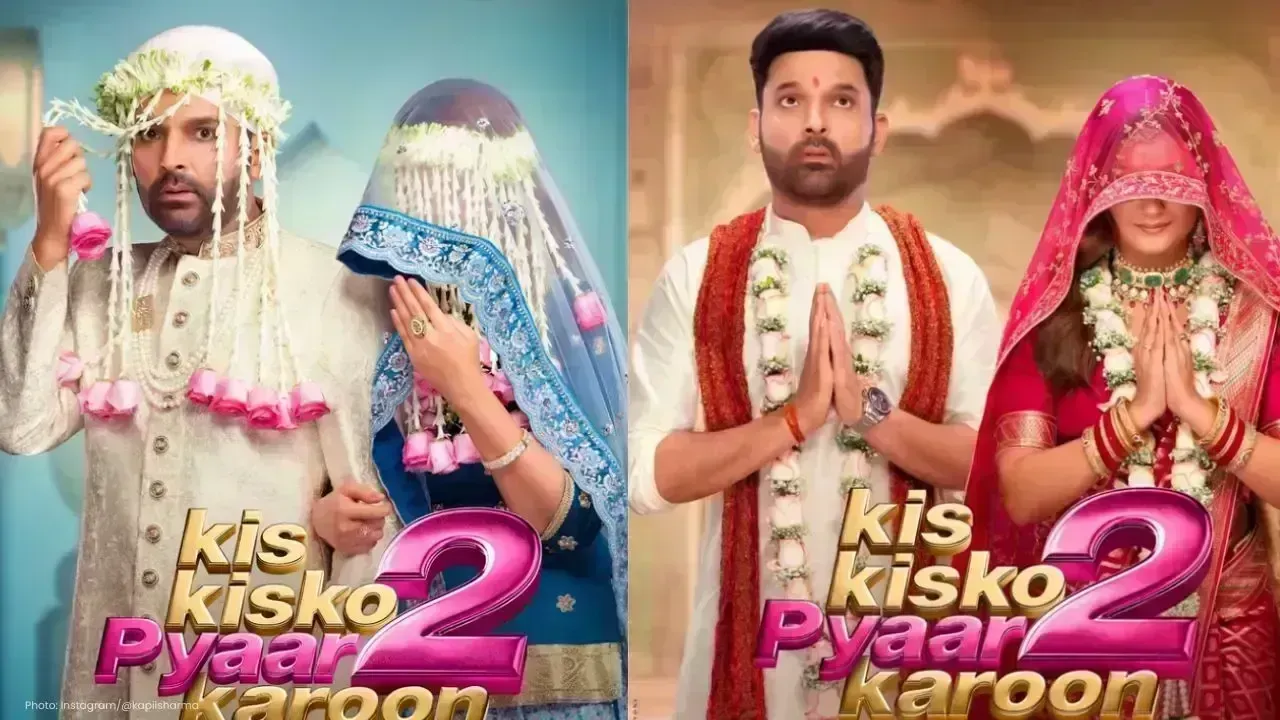
Kapil Sharma’s Kis Kisko Pyaar Karoon 2 to Re-release in January 2026
After limited screens affected its run, Kapil Sharma’s comedy film Kis Kisko Pyaar Karoon 2 will ret